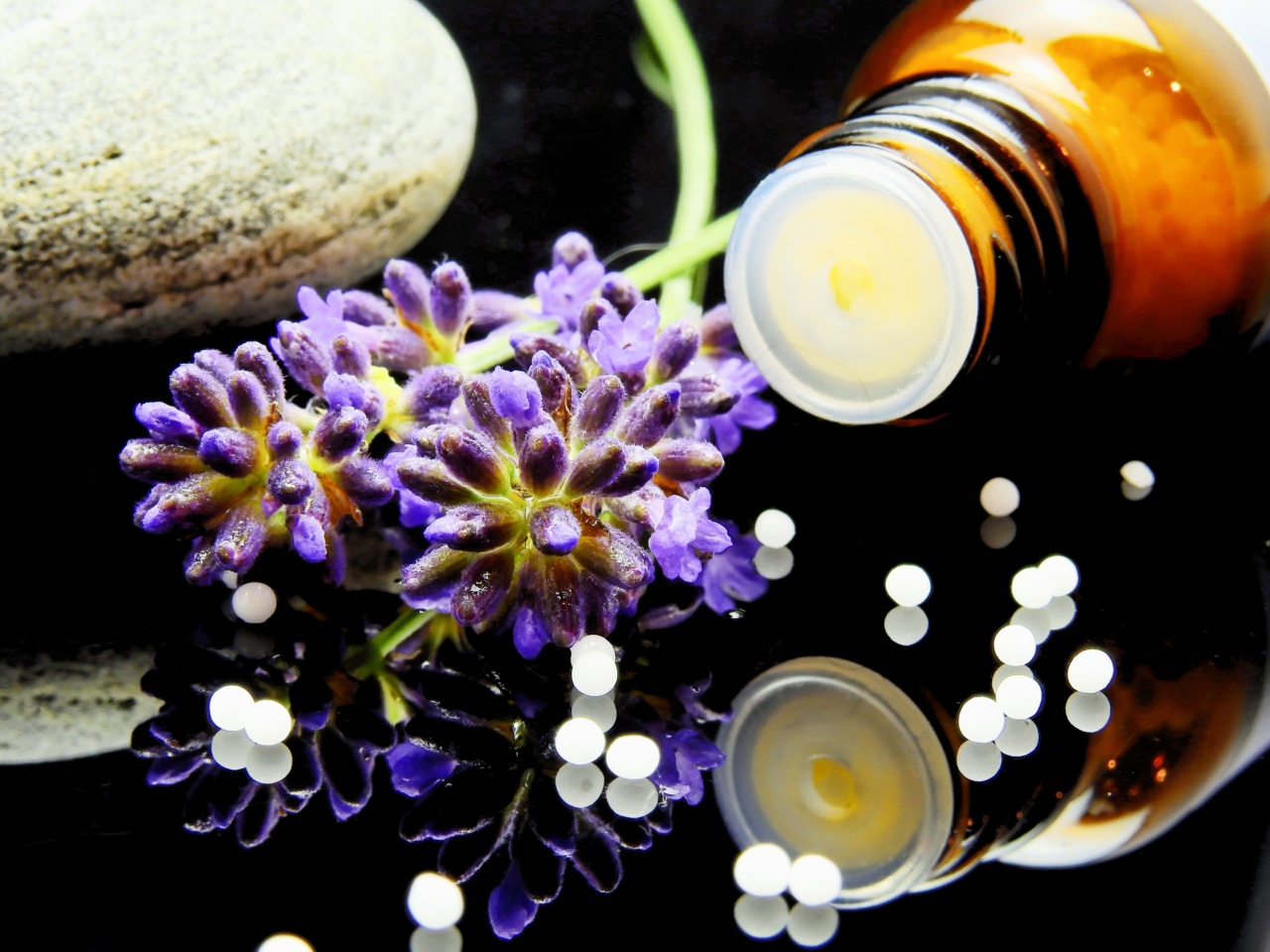Cancer and convulsions are two of the most debilitating conditions that affect a significant portion of the world’s population.
Cancer is the abnormal growth of cells in any part of the body, while convulsions are sudden, involuntary movements of the body caused by abnormal electrical activity in the brain. These conditions require urgent and effective medical attention, and while there are conventional treatments available, herbal therapy has been proven to be effective in managing the symptoms associated with cancer and convulsions.
Herbal Therapy for Cancer
Herbal therapy for cancer has been used for centuries in traditional medicine. Herbs such as Turmeric, Ginger, Garlic, and Milk Thistle have been shown to have potent anti-cancer properties.
Turmeric is a spice widely used in Asian cuisine, and it contains an active ingredient called curcumin, which has been found to have anti-cancer properties. Curcumin inhibits the growth and spread of cancer cells by blocking certain enzymes.
It has also been found to enhance the immune system’s ability to fight cancer cells.
Ginger has also been found to have anti-cancer properties. The active ingredient in ginger, 6-gingerol, has been shown to inhibit the growth of cancer cells in the colon, breast, and pancreas.
Ginger also has anti-inflammatory properties, which can help manage the side effects of chemotherapy.
Garlic has been used for centuries in traditional medicine for its medicinal properties. Several studies have shown that garlic contains compounds that have anti-cancer properties.
It can also reduce the risk of developing cancer by increasing the production of enzymes that detoxify carcinogens.
Milk Thistle is a herbal supplement widely used to support liver function. It contains a flavonoid called silymarin, which has been shown to have anti-cancer properties.
Silymarin inhibits the growth of cancer cells by blocking certain enzymes that are required for their growth.
Herbal Therapy for Convulsions
Convulsions are sudden, involuntary movements of the body caused by abnormal electrical activity in the brain. They can be caused by a wide range of factors, including epilepsy, brain injury, and infections.
Herbal therapy for convulsions involves the use of herbs that have anticonvulsant properties.
Passionflower is a herb that has been used for centuries in traditional medicine to treat anxiety and insomnia. It has also been shown to have anticonvulsant properties.
Passionflower contains compounds that increase the production of an inhibitory neurotransmitter known as GABA, which can reduce the frequency and severity of convulsions.
Kava is a herb that is native to the South Pacific and has been used for centuries in traditional medicine to treat anxiety and insomnia. It contains compounds that have anticonvulsant properties.
Kava increases the production of GABA and reduces the activity of certain enzymes that trigger convulsions.
Valerian is a herb that has been used for centuries in traditional medicine to treat anxiety, insomnia, and seizures. It contains compounds that increase the production of GABA and reduce the activity of certain enzymes that trigger convulsions.
Valerian has been shown to be effective in reducing the frequency and severity of seizures in patients with epilepsy.
Skullcap is a herb that has been used for centuries in traditional medicine to treat anxiety, insomnia, and seizures. It contains compounds that increase the production of GABA and reduce the activity of certain enzymes that trigger convulsions.
Skullcap has been shown to be effective in reducing the frequency and severity of seizures in patients with epilepsy.
Conclusion
Herbal therapy has been proven to be effective in managing the symptoms associated with cancer and convulsions.
Herbs such as Turmeric, Ginger, Garlic, and Milk Thistle have been shown to have potent anti-cancer properties, while Passionflower, Kava, Valerian, and Skullcap have been shown to have anticonvulsant properties. However, it is important to note that herbal therapy for cancer and convulsions should be used in conjunction with conventional treatments and under the supervision of a healthcare professional.


























